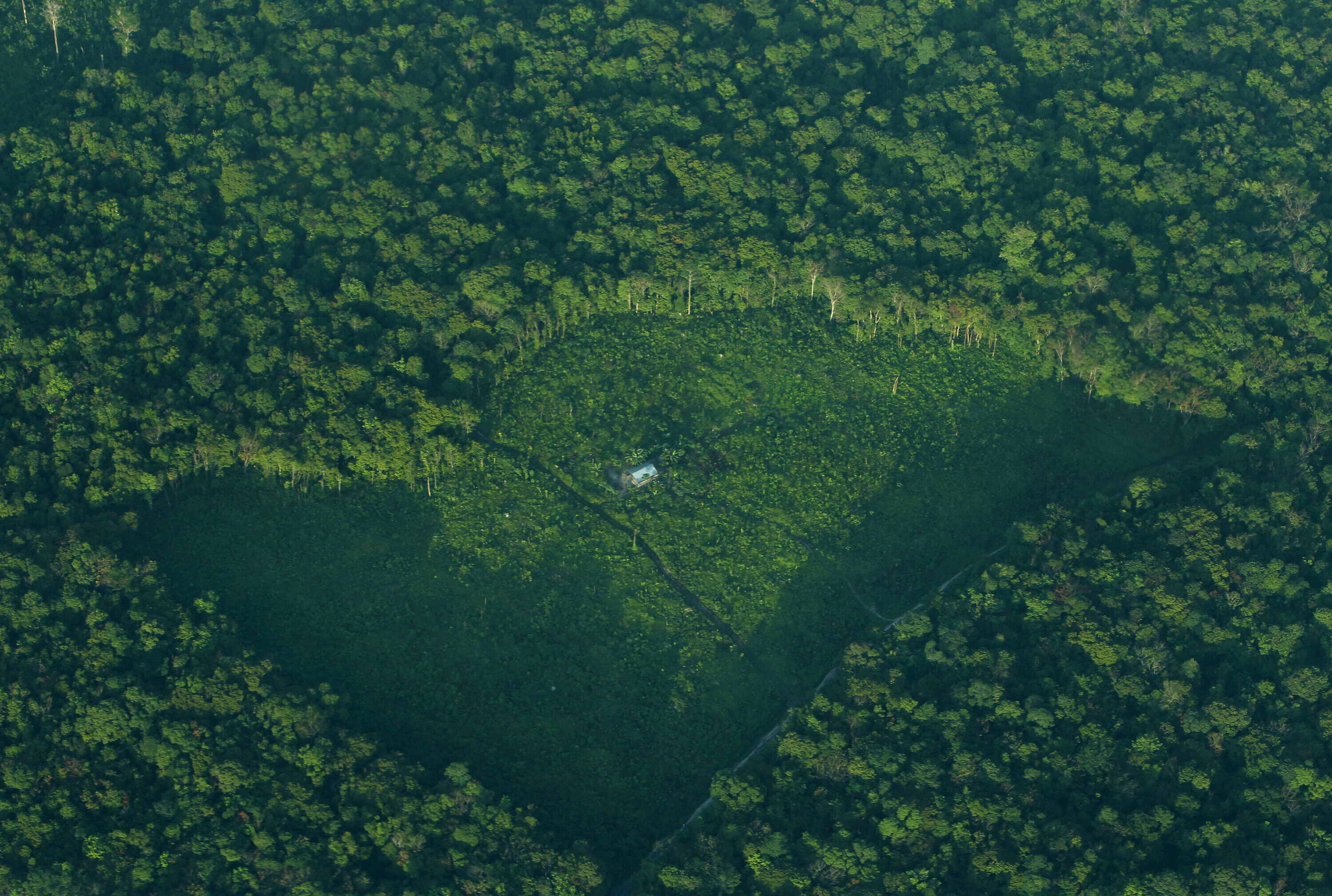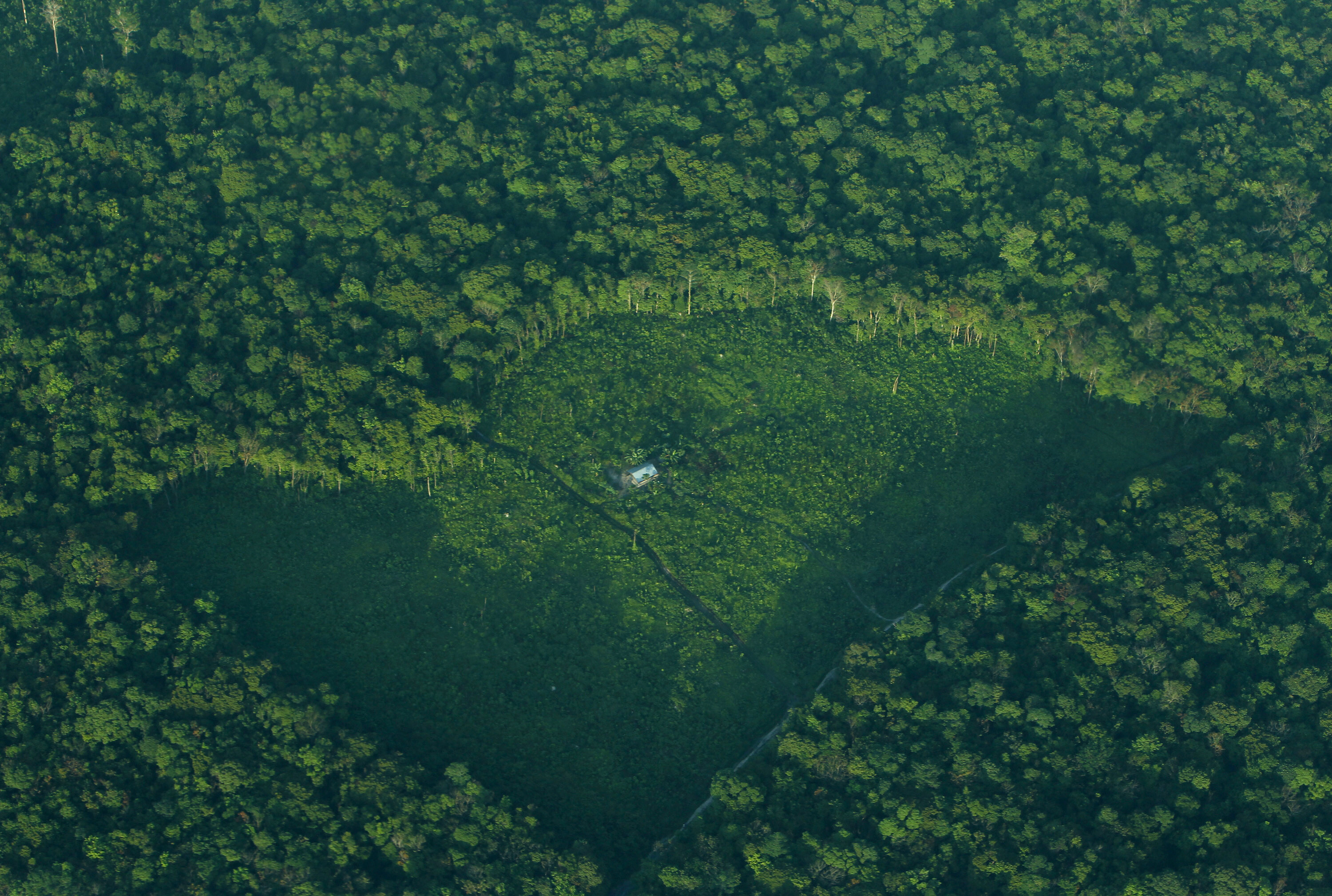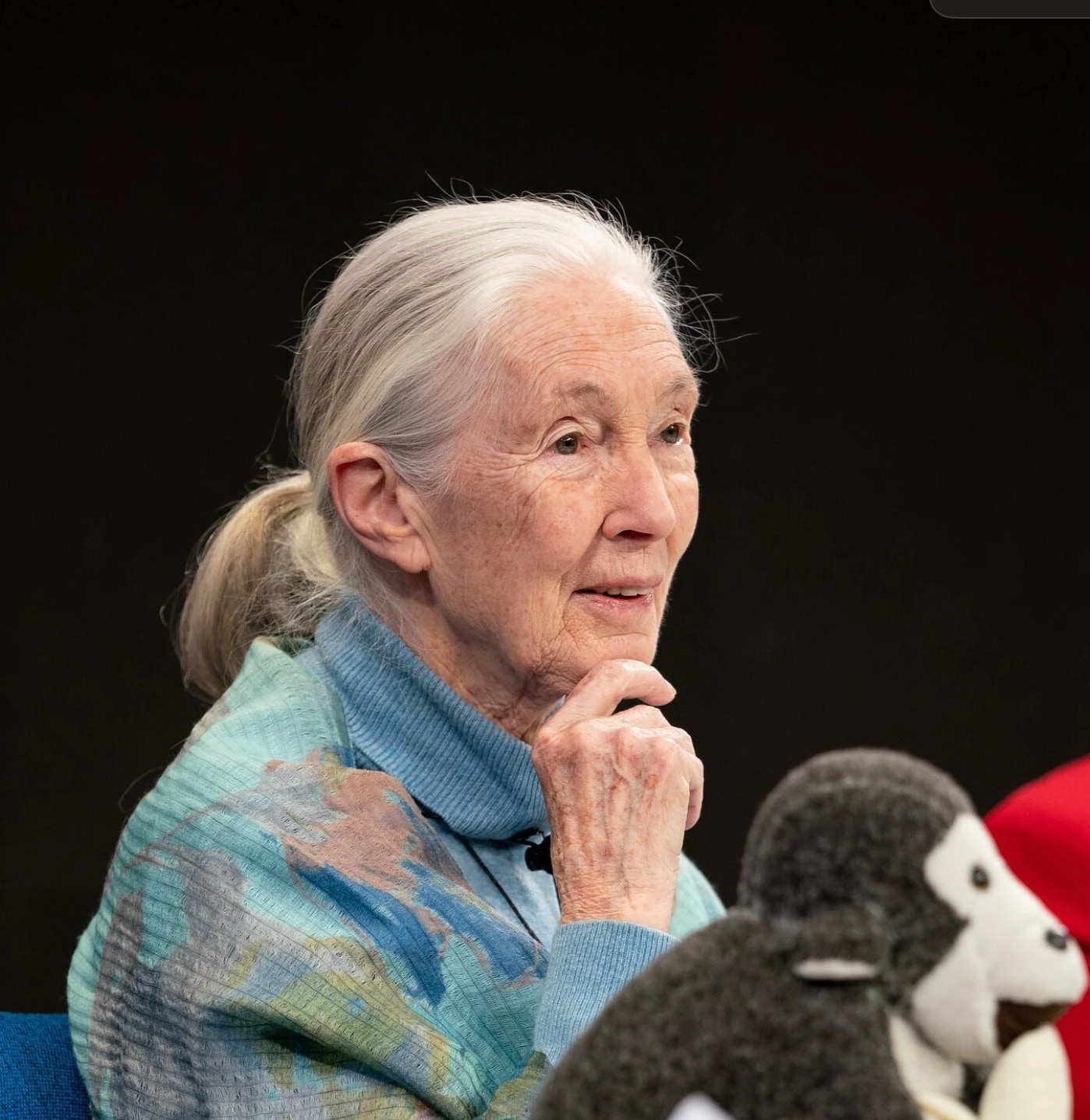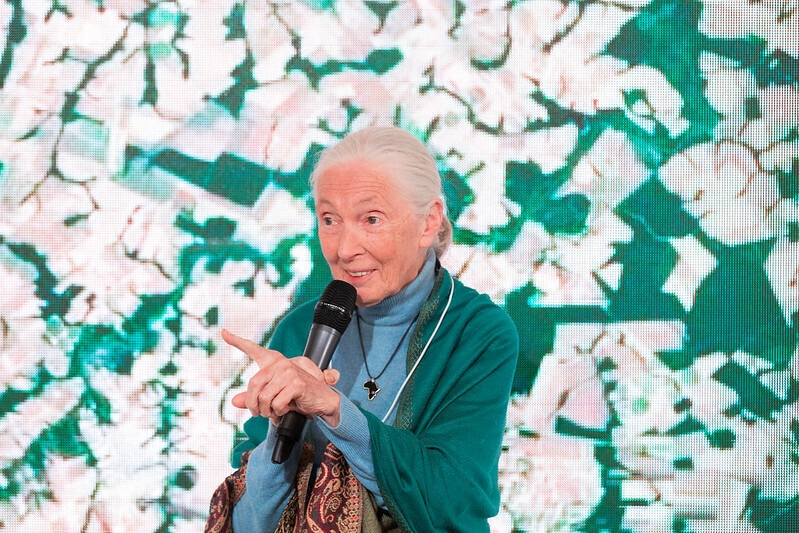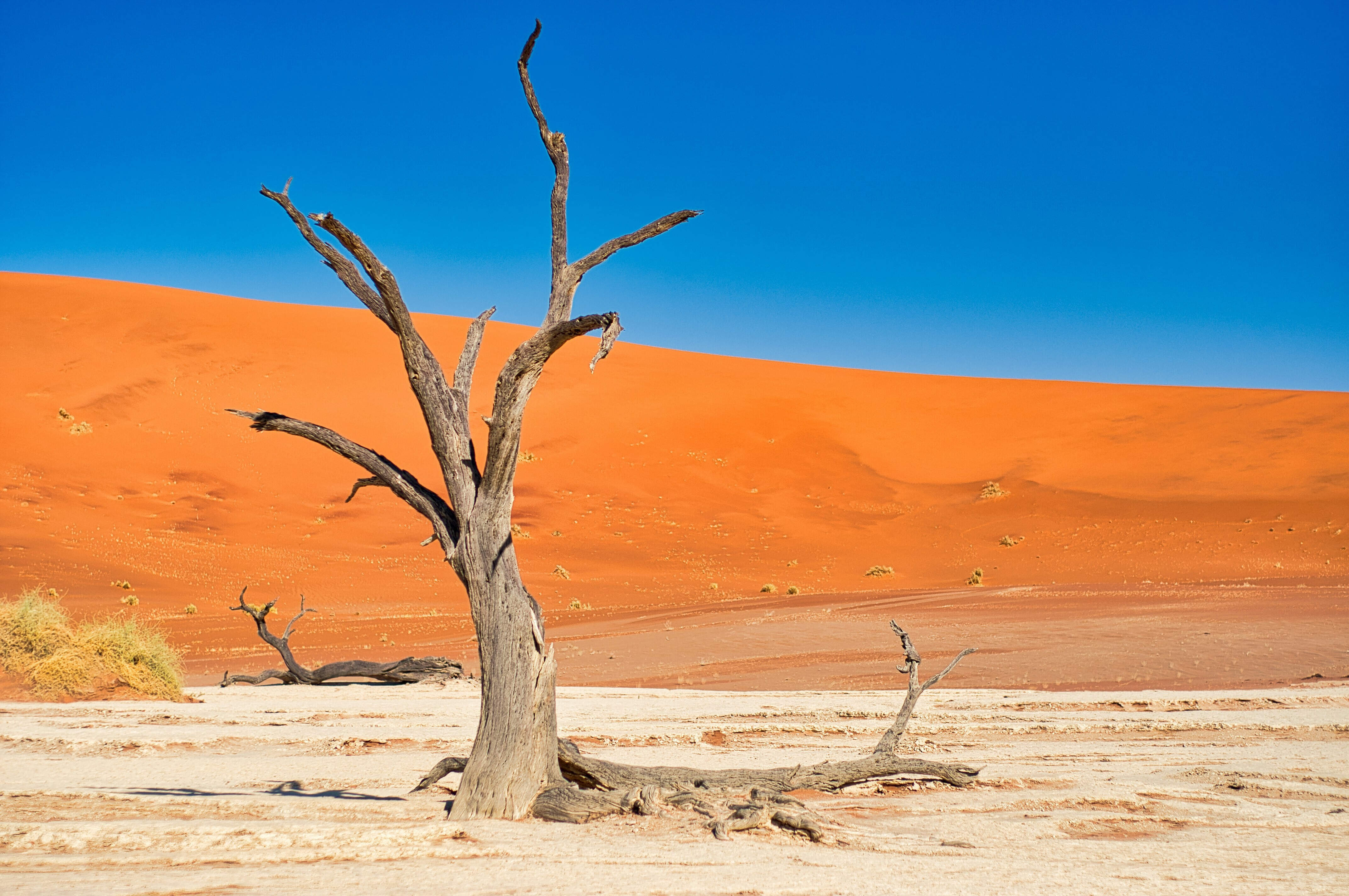
How healthy soil and land creates solid ground for global resilience
This World Soils Day, leaders should consider what communities, businesses and economies would look like without productive, resilient, healthy soils.
Gill is responsible for leading the curation of priority agendas, narratives and communities that improve public-private-philanthropy responses to the climate crisis and nature’s collapse within the World Economic Forum’s Centre for Nature and Climate. Gill has designed and led initiatives of the World Economic Forum like 1t.org, focused on assisting corporates to improve the quality of their forest conservation and restoration efforts world-wide. Between 2014 and 2020, Gill led the environment and sustainability agenda for the World Economic Forum’s global meetings, bringing together diverse topics and stakeholders from across industries and geographies to identify systems-level interventions and influence decision making. A certified facilitator, coach and intrapreneur, Gill works to restore balance between humanity and the natural world. Gill is the co-founder of Open Planet, a free visual library to enable everyone, everywhere to tell the story of our changing planet. 2017 UN Environment Gender and Environment Advocate Award; World Economic Forum Global Leadership Fellow; Masters of Science in Economics for Development, University of Oxford, UK; Honours in Economics, University of Cape Town.
This World Soils Day, leaders should consider what communities, businesses and economies would look like without productive, resilient, healthy soils.
Los nuevos enfoques positivos para los bosques hacen hincapié en la financiación y la colaboración entre gobiernos, empresas, sociedad civil y comunidades indígenas.
Encouraging progress on forest restoration approaches was observed at the Sustainable Development Impact Meetings and the UN General Assembly in New York.
El calor extremo, la sequía y otros riesgos climáticos podrían aumentar los costos operativos anuales acumulados de los centros de datos que hoy operan en 3,3 billones de dólares para 2055.
Extreme heat, drought and other climate hazards could raise cumulative annual running costs at data centres in operation today by $3.3 trillion by 2055.
珍·古道尔博士是一位由研究者转变为讲述者的先驱,同时也是联合国和平大使。她于10月1日(星期三)安详辞世,享年91岁。在漫长的职业生涯中,她一直致力于环境保护,并激励了全球数以百万计的人。古道尔博士曾通过1t.org平台,助力世界经济论坛推动森林企业投资。自2006年起,多次出席在达沃斯举行的世界经济论坛年会。
Many mourn Dr. Jane Goodall’s passing this week at 91. in this tribute to the example she set, we consider how to move her legacy forward.
地球系统的崩溃日益损害企业利润水平、固定资产、供应链和各国社会。企业如果不能积极应对气候风险,有可能到2035年前每年损失高达7%的收入。中国正在面临气候灾害带来的风险,但同时也在率先展开投资,积极实施富有远见的韧性战略。
地球システムの崩壊は、企業の収益性、固定資産、サプライチェーン、そして社会全体にますます深刻な影響を与えています。気候リスクへの適応を怠る企業は、2035年までに毎年最大で収益の7%を失う可能性があります。中国は、気候関連災害によるリスクにさらされる一方、レジリエンス戦略への投資を主導しており、先見的な取り組みを進めています。
Earth degradation is hurting companies' bottom lines, which is why they must take climate action and adopt resilience strategies as the world gets warmer.
Estas ideas clave pueden contribuir a un liderazgo sostenible en un contexto de inestabilidad global: aceptar las evidencias, gestionar el miedo y fomentar la resiliencia inclusiva.
Leaders who trust evidence, understand fear's impact on decision-making, and who foster true inclusivity and resilience, will better navigate a shifting landscape.
El clima extremo azota con mayor intensidad y frecuencia. Un nuevo informe analiza los riesgos, los costos y la resiliencia para afrontar los riesgos climáticos.
Extreme weather is hitting harder and more often, threatening businesses. A new Forum report explores risks, costs and resilience to tackle climate hazards.
En Davos 2025, varios expertos exploraron las formas en que la inteligencia Indígena puede contribuir a impulsar la innovación, la sostenibilidad y las soluciones globales integradoras.
